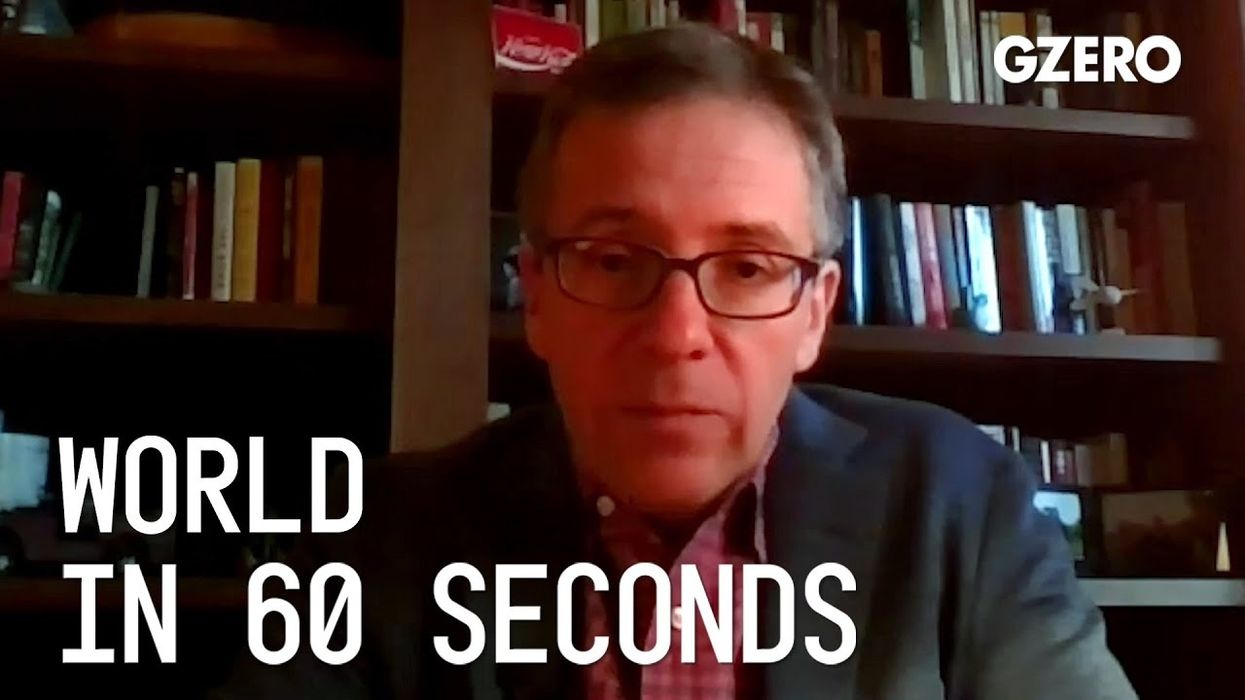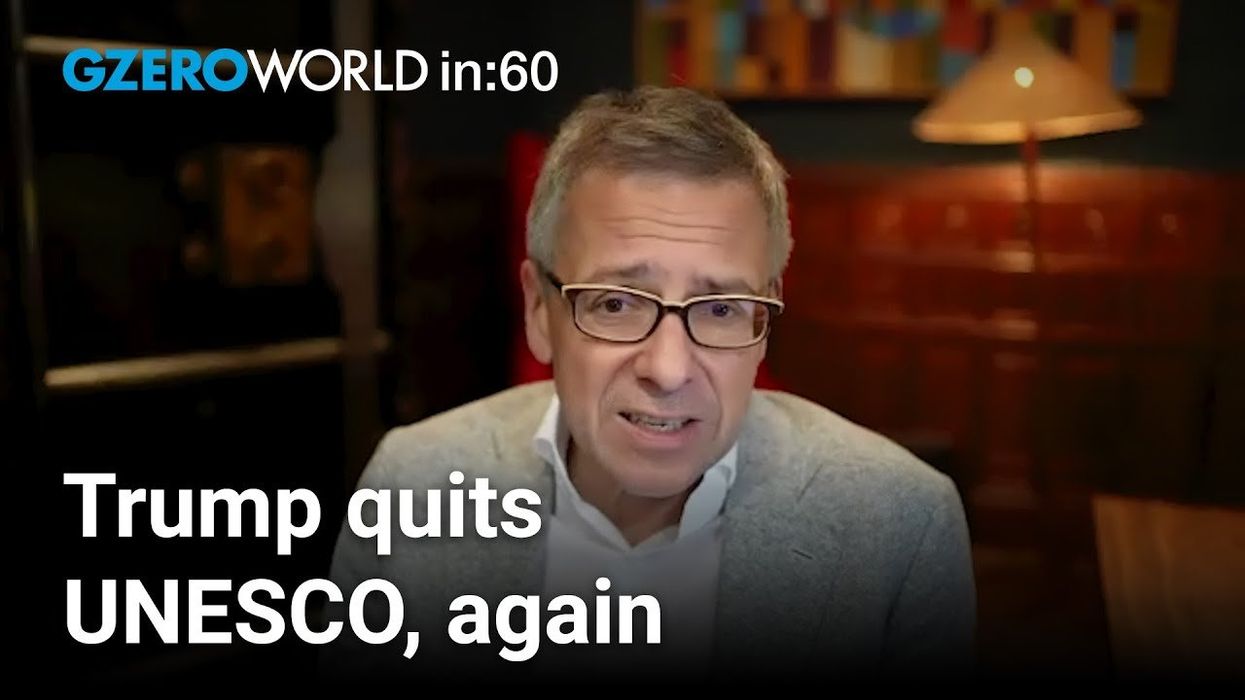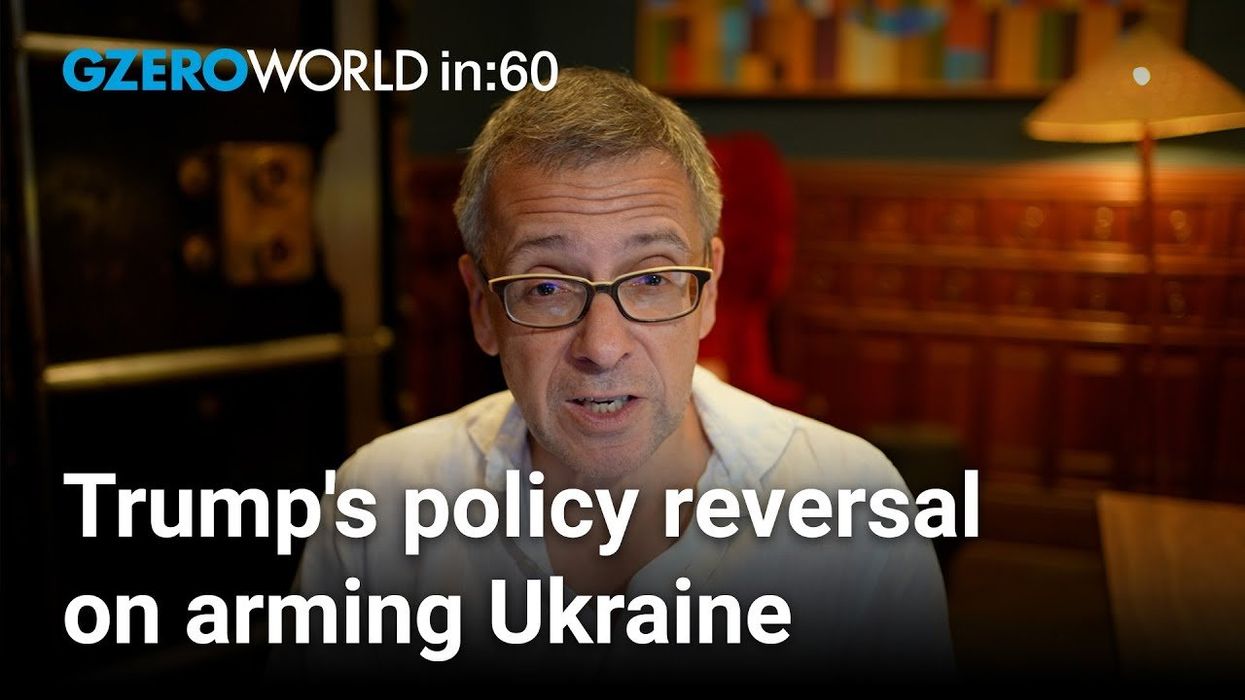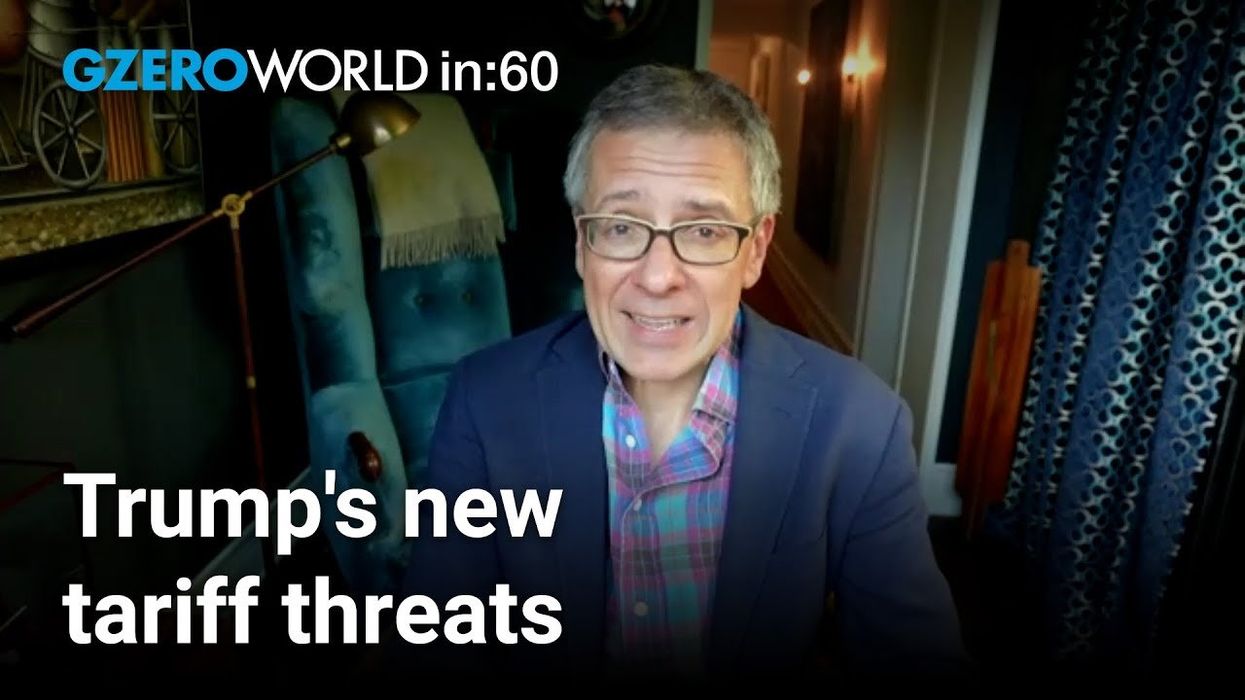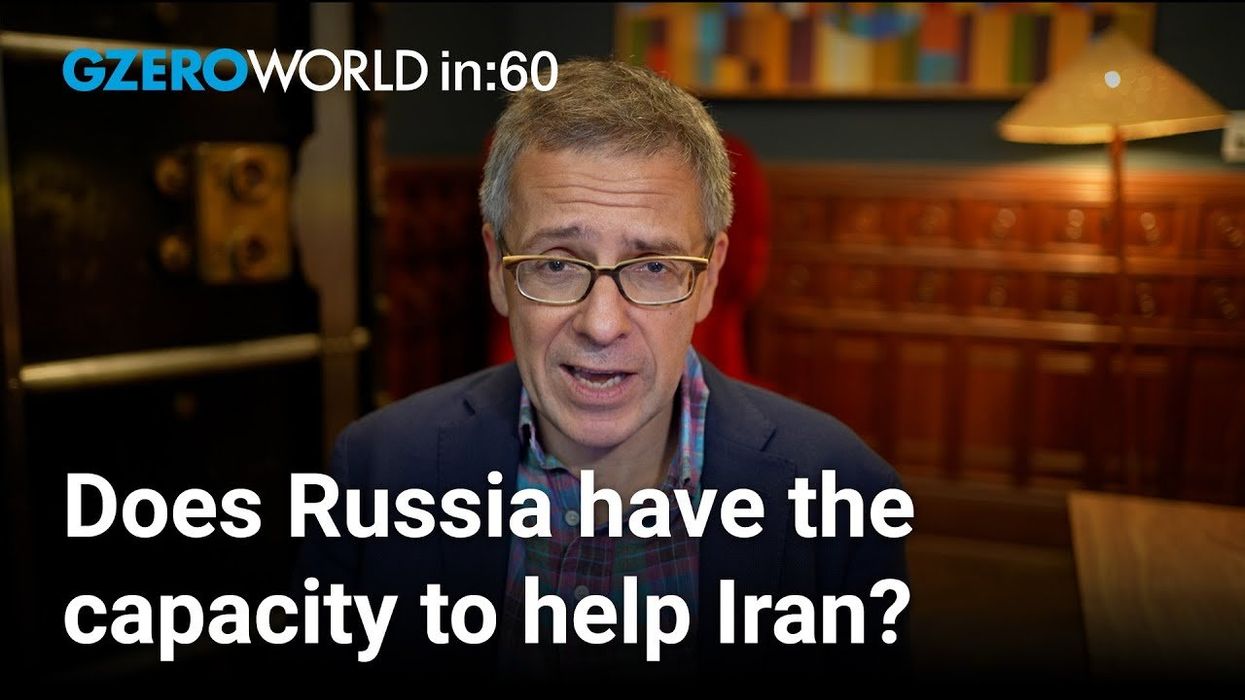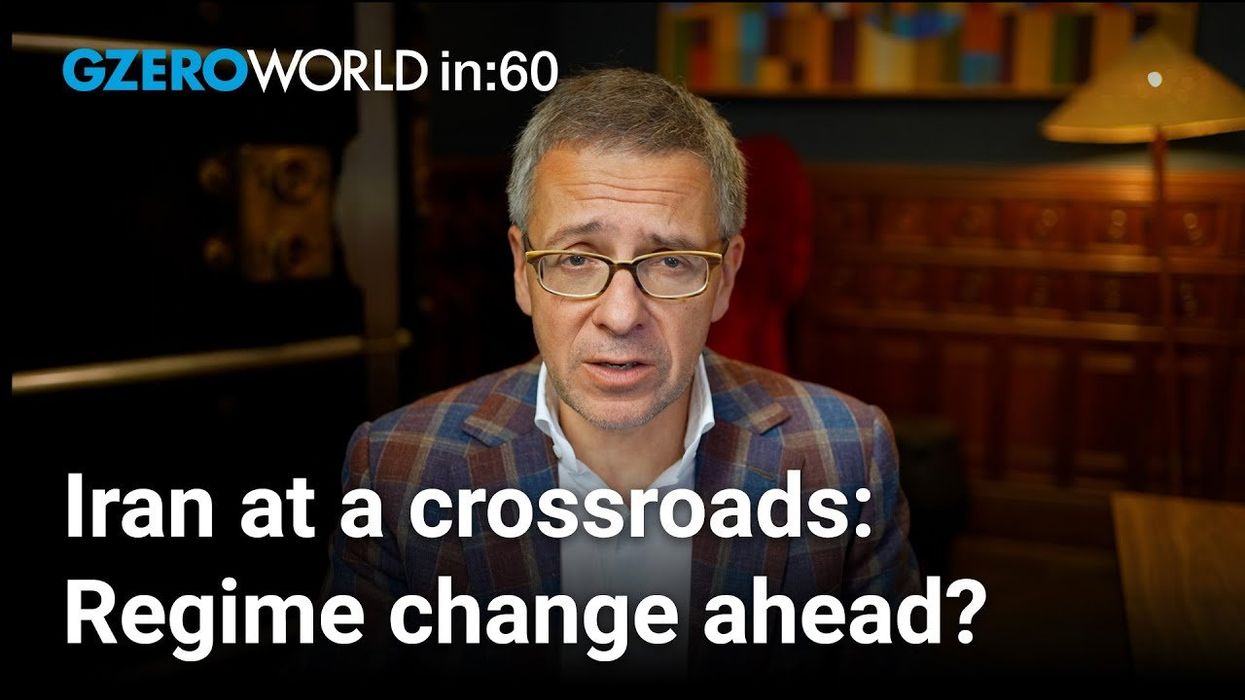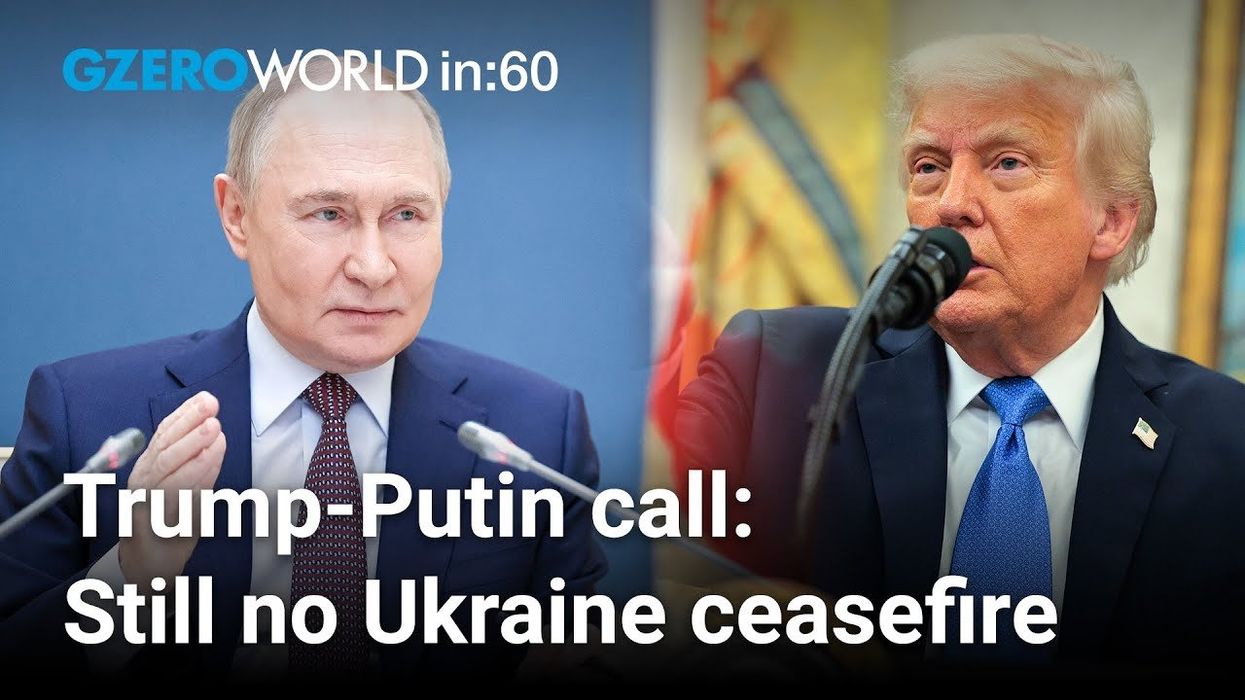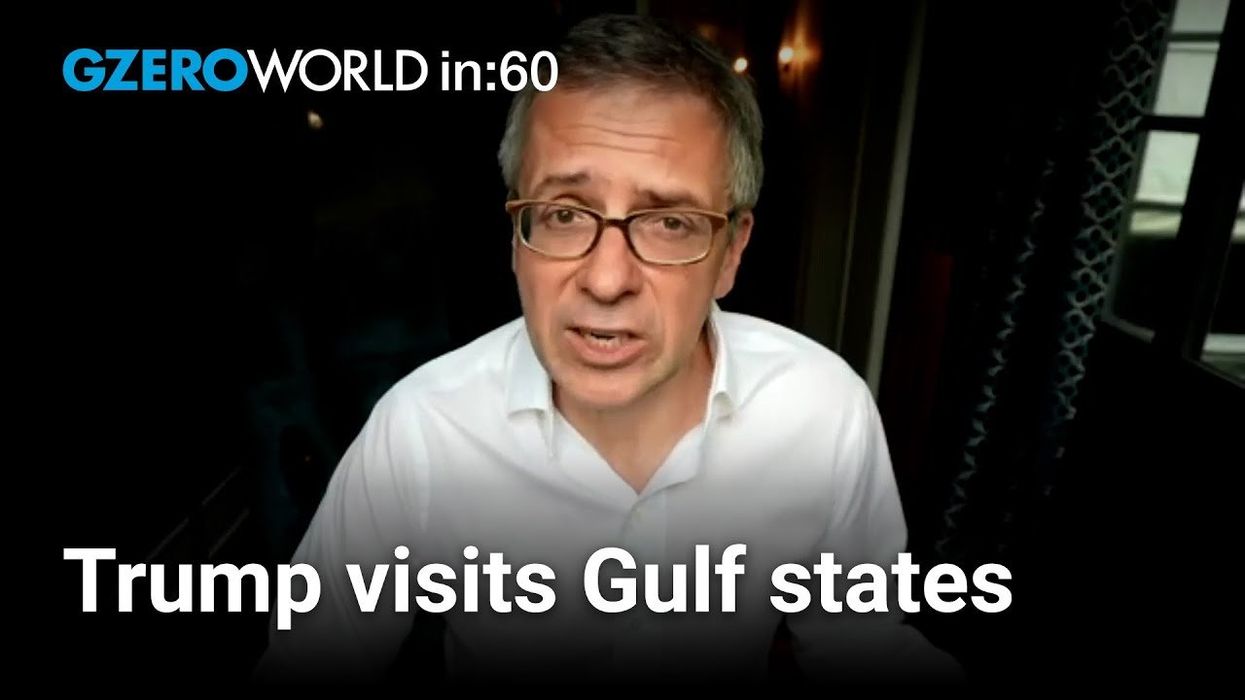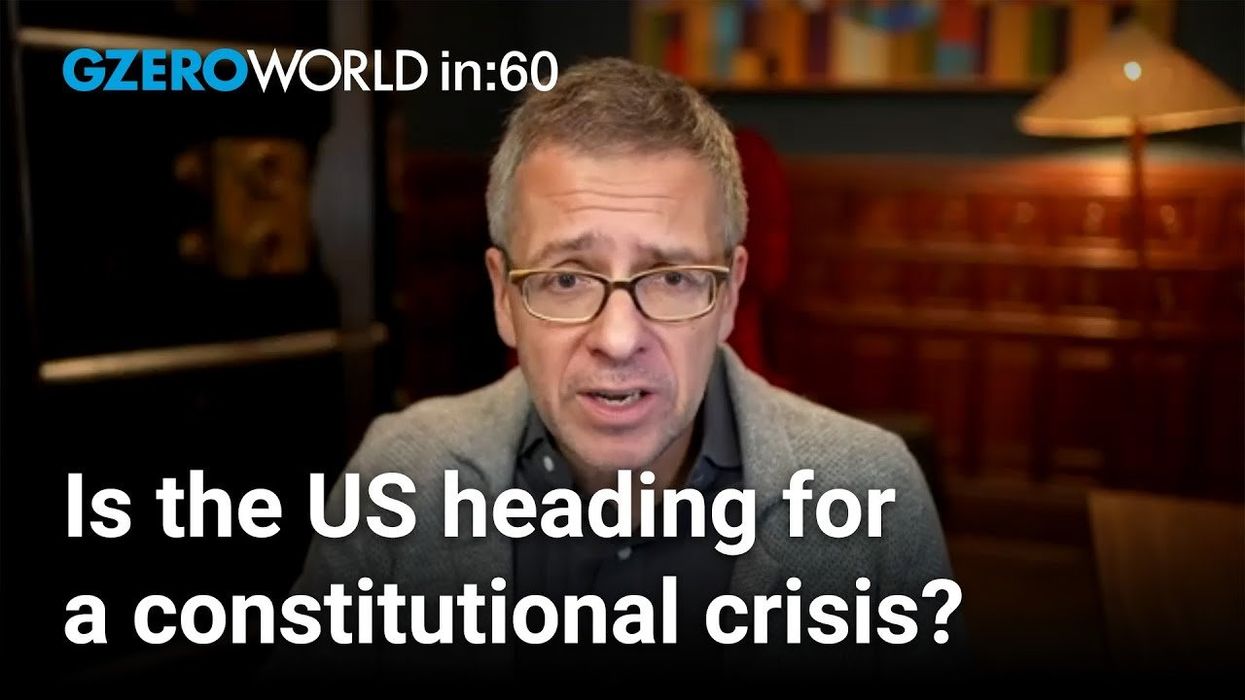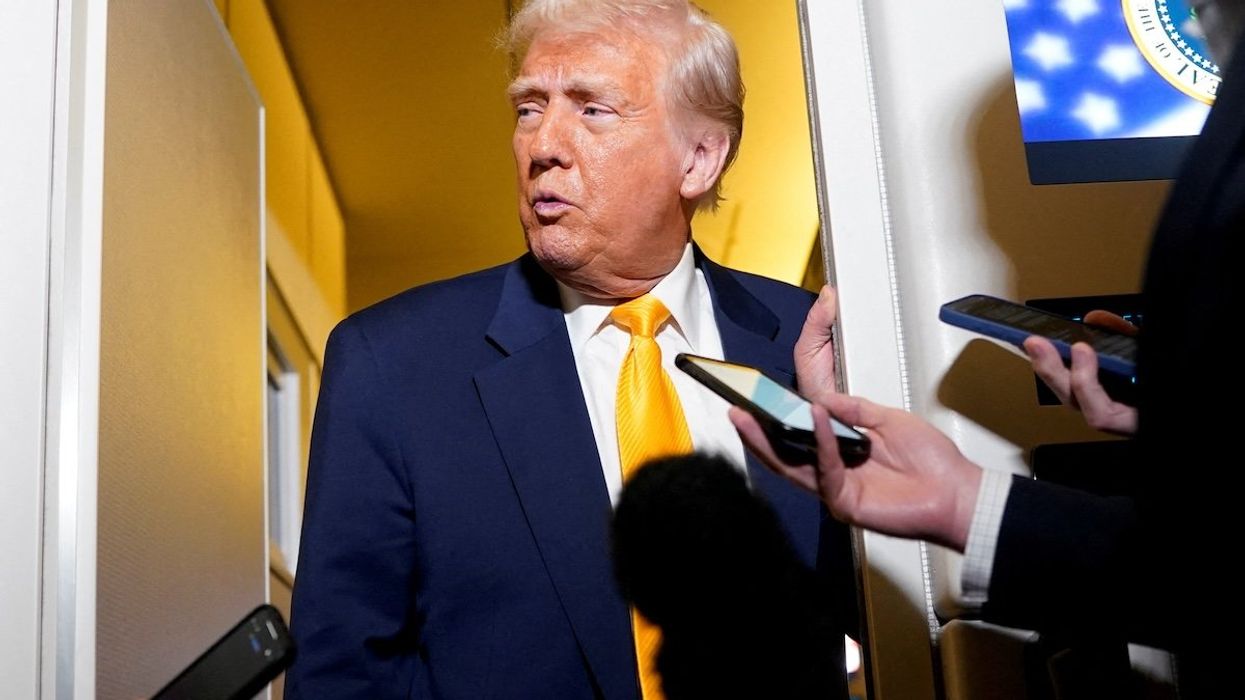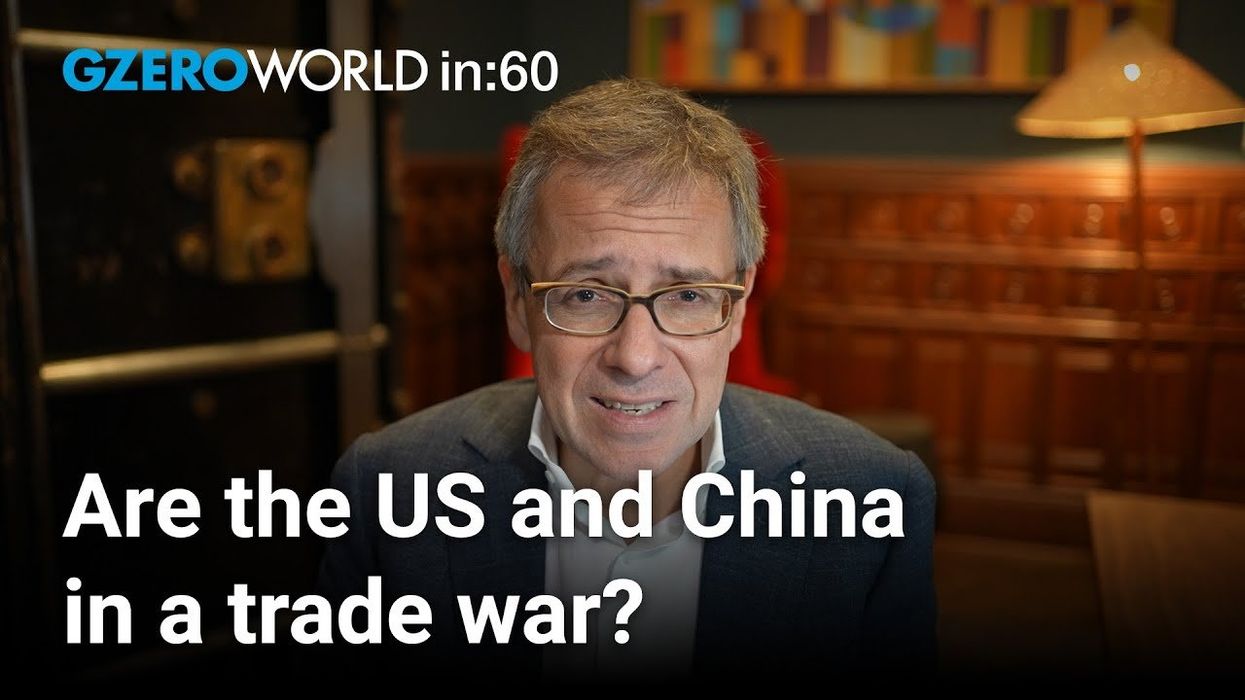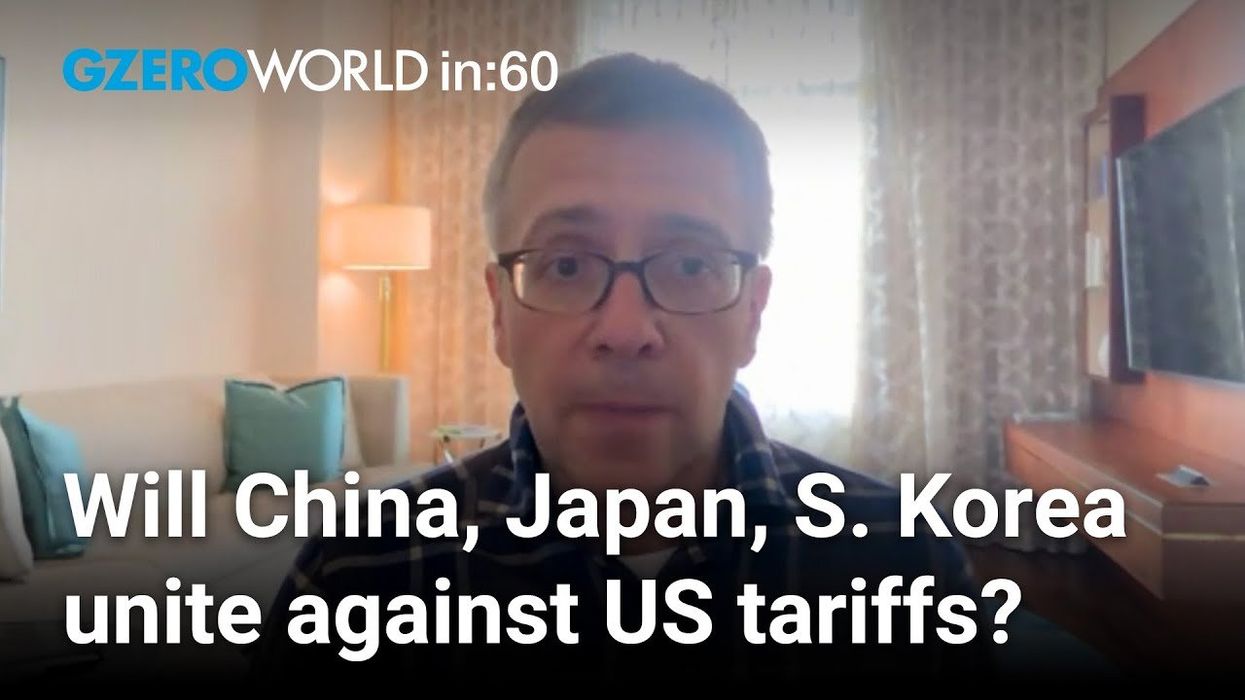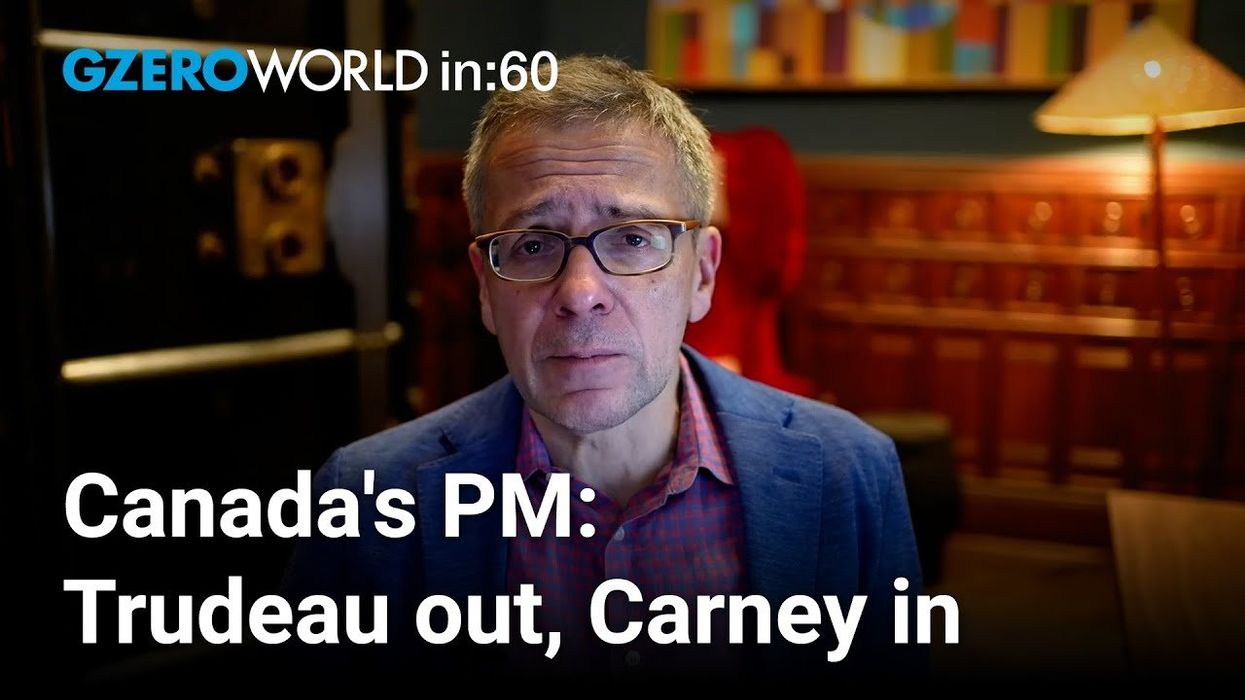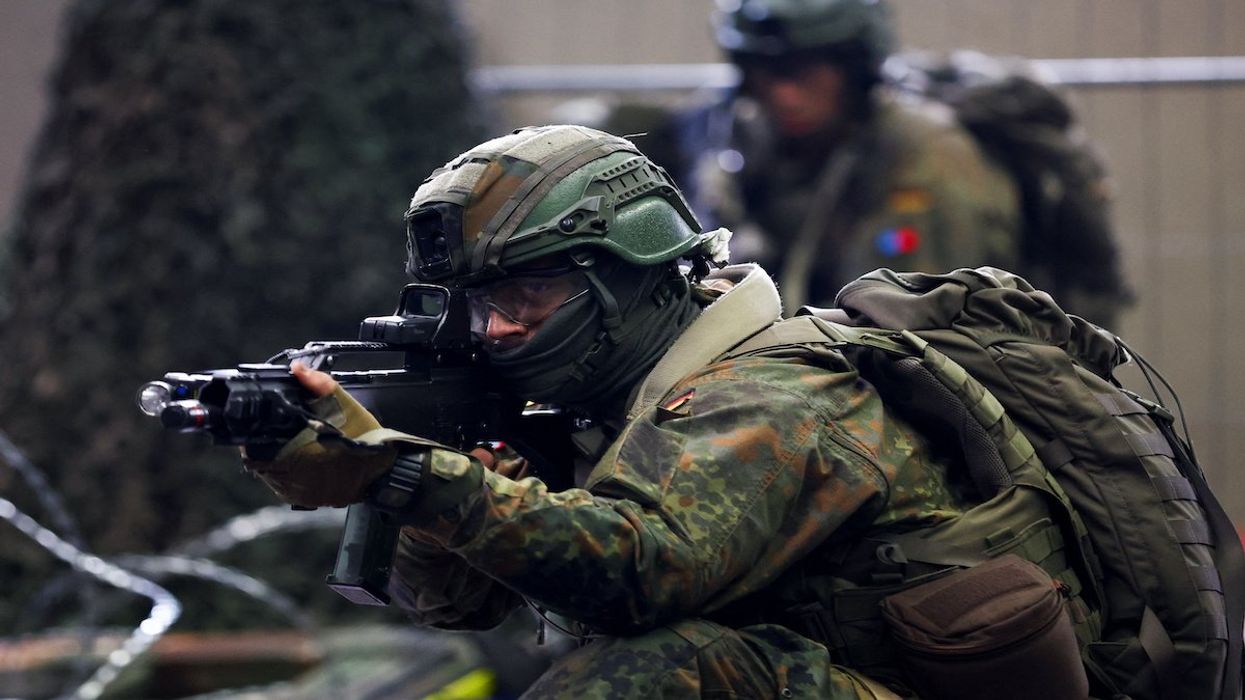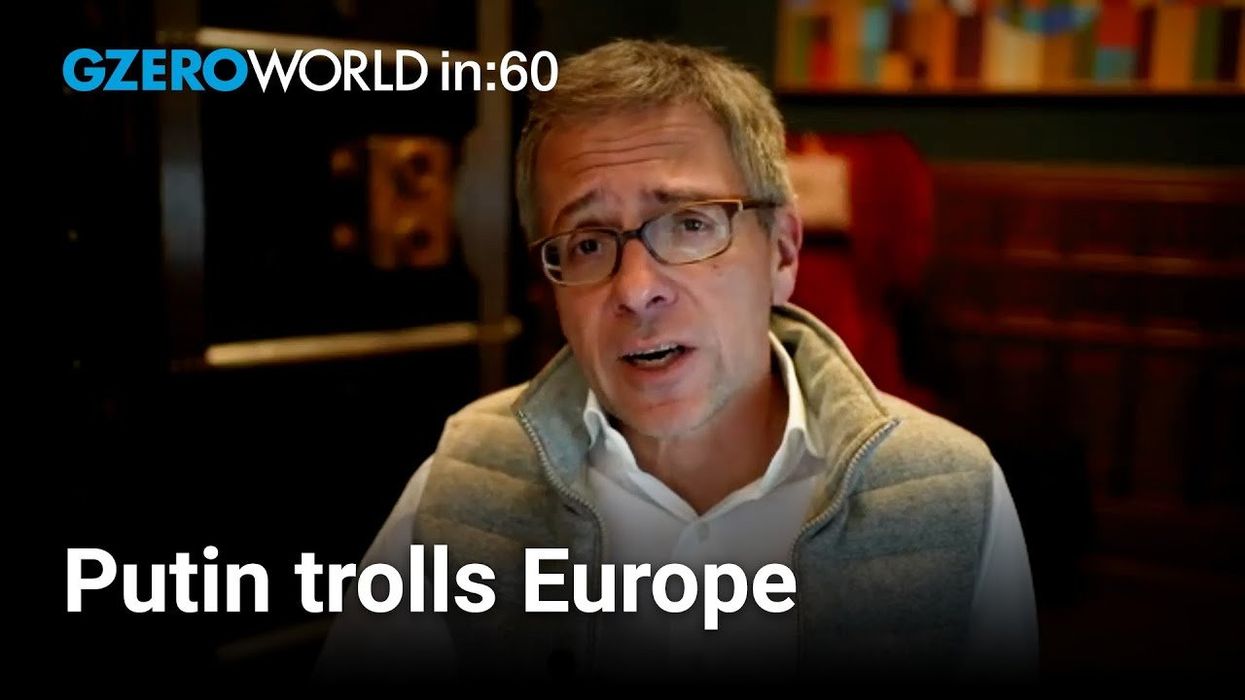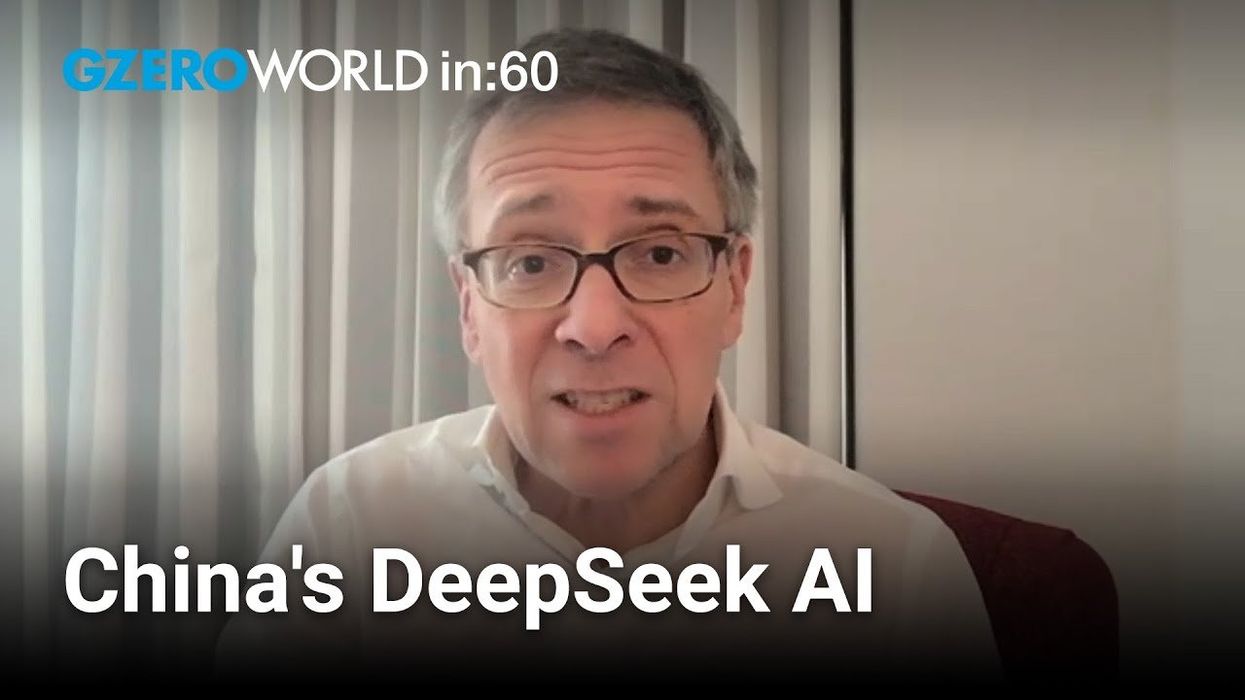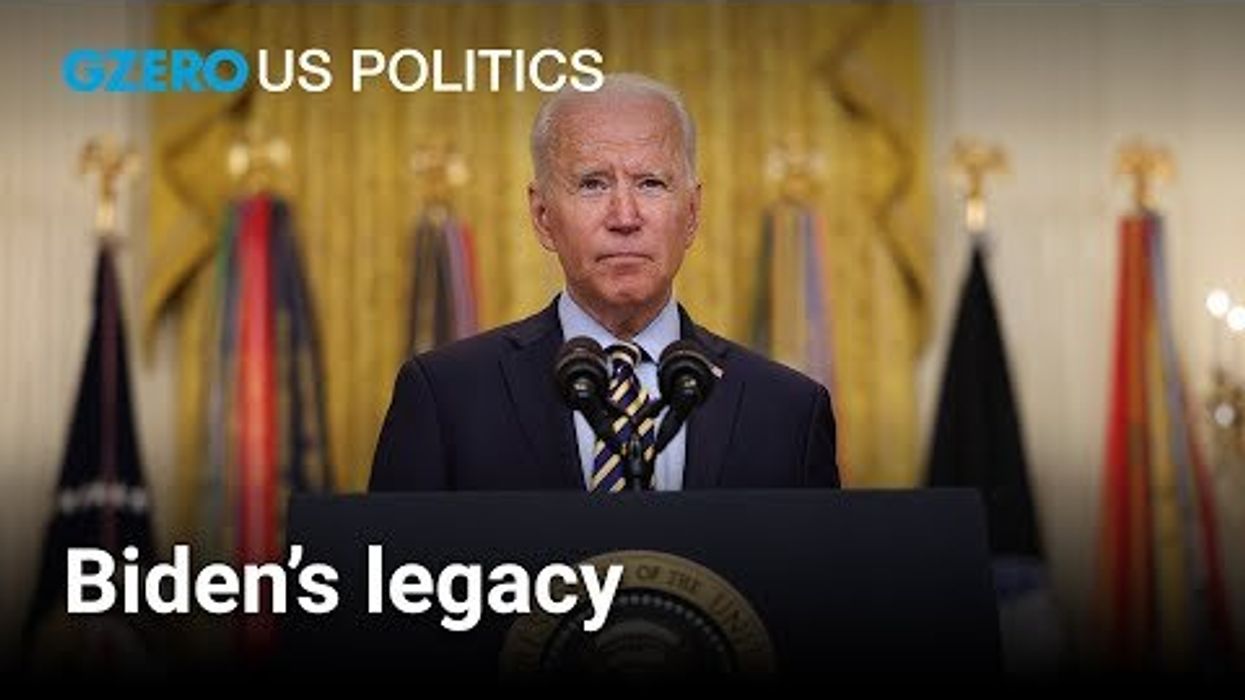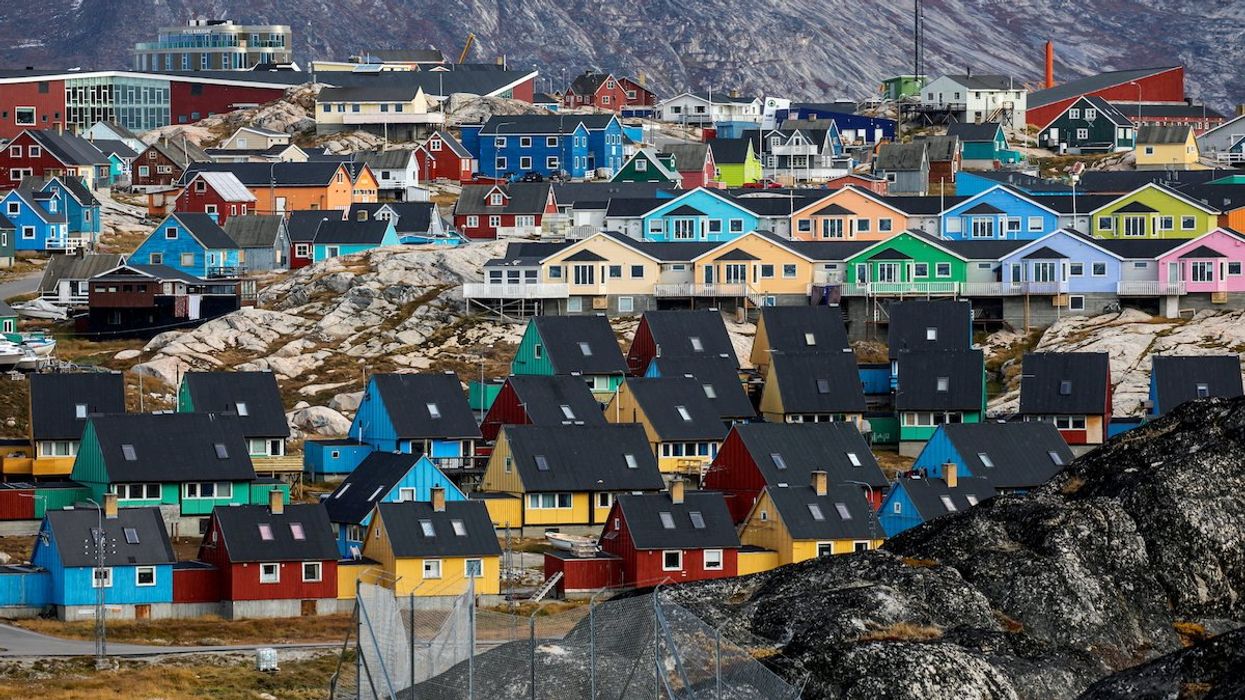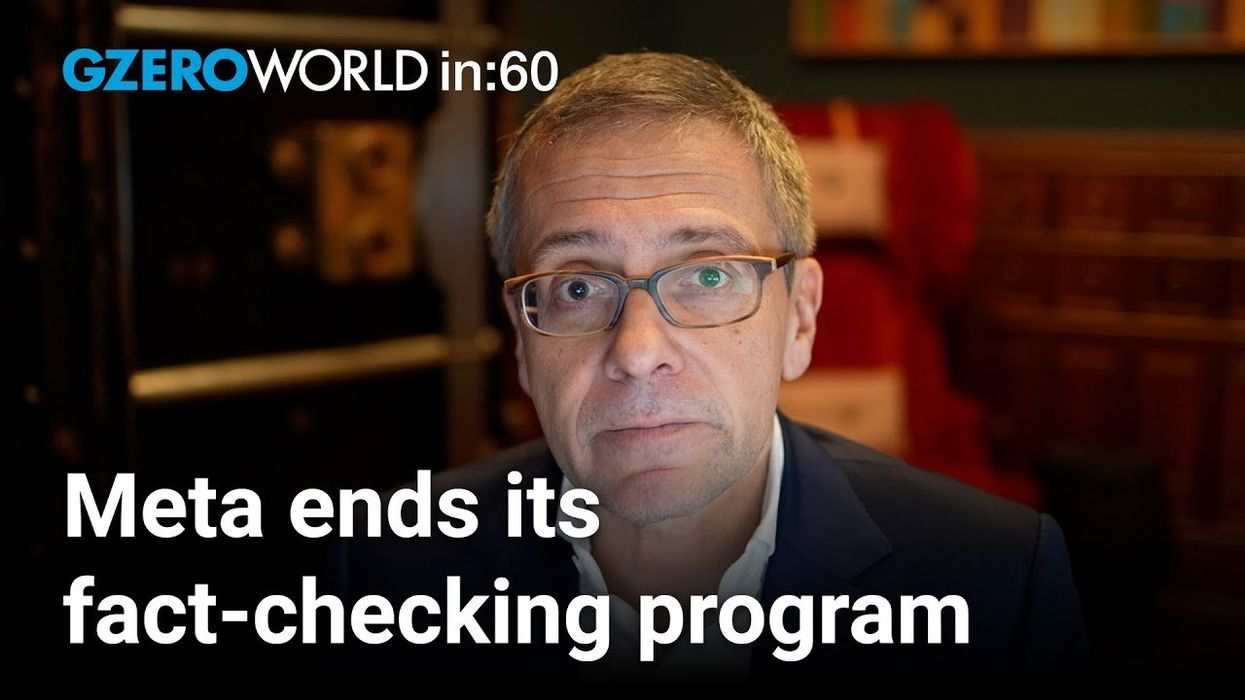VIDEOSGZERO World with Ian BremmerQuick TakePUPPET REGIMEIan ExplainsGZERO ReportsAsk IanGlobal Stage
Site Navigation
Search
Human content,
AI powered search.
Latest Stories
Start your day right!
Get latest updates and insights delivered to your inbox.
In 60 Seconds
Short, concise, and to the point, In 60 Seconds covers world news, US politics, the view from Europe, and more.
Presented by
How are Brazil and Mexico responding to coronavirus compared to other countries?
They're abysmal. Look at Brazil and Mexico, and President Trump looks like a model of statesmanship in comparison. In both cases, you have leaders that are saying this isn't a crisis. It shouldn't be taken so seriously. Don't do shutdowns. And in the case of Mexico, they're still pushing austerity. What a disaster. They're really going to suffer. They have nowhere near the kind of resilience or cash on hand that say the Americans, the Europeans, the Japanese do. It's really, really sad.
Will the response to coronavirus lead to more invasive surveillance by governments?
Absolutely. In some cases, that will lead to a bigger power grab of would be authoritarian leaning governments that are actually democracies. Viktor Orbán, for example, in Hungary, a much greater expansion of direct control over his country that Europeans that aren't distracted with coronavirus themselves, aren't going to do anything to punish him in response. That's where we are. But over the course of the next year, in order to get people back to work, you're going to see much more surveillance of individuals, much more data that will be required, available for governments, for corporations. Look at what they're doing, not just in China, but also South Korea and Singapore, where if you were a suspected positive, you're got an app on your phone or a box, a little box that you're carrying, and it says exactly where you've been. Lets you know if you can or can't go into a building. Makes that available to other people.That's probably coming soon to a theater near you. Americans won't be happy about it. They won't be comfortable with it. But getting the economy going again will be seen as the top priority.
Is the threat of coronavirus in China over?
It's getting close to being over at least as long as they don't have further outbreaks from external sources. They are not releasing data on asymptomatic cases. They're tracking it. They're collecting it. But they're not releasing it. Which implies they don't want us to know. It's problematic for scientists internationally who need that information to understand the trajectory of explosion and diminution of cases in China. We'd much rather if they give us that information. It's pretty clear that they are not covering up at this point significant outbreaks. The people themselves would be getting that information out. It would be very hard for China to do it and they'd be taking a lot of risks domestically.
The new cases they're getting are almost all coming from outside the country and they are under government mandated and supervised quarantine. The numbers of people traveling in China right now is de minimis. Given the nature of the authoritarian state and the extraordinary control they have over their borders, I would say the coronavirus is close to being over right now in China. Always capable to see a new outbreak because the science doesn't yet know as much as they would like to, especially about asymptomatic transmission and how long you might be contagious when it's in your body.
Also, potential mutations from coronavirus, which we're just starting to see the beginning of, though most of those have been less lethal, less fatal. But, potentially more transmissible as they've been popping up. That means their economy should be able to really fully restart by the beginning of May, though, of course, restart with a lot less consumer demand, both in the United States and around the world. And in China itself.
So we are seeing the upside of authoritarian regimes that are technologically empowered. I posted on Twitter the other day a short video on from Nanjing, China, about 12 minutes long, that shows just how the Chinese government was able to respond to coronavirus. Across society. Inside taxi cabs. In places of work. In public transport. Around infrastructure. It's humbling. It's obviously chilling in terms of the surveillance society. And it also is something that clearly the Americans, the Europeans could not possibly do in our societies. So, as quickly as we were able to contain coronavirus in China, it is hard to imagine that you could have an outcome like that in any other real major economy in the world.
Keep reading...Show less
More from In 60 Seconds
Is Europe’s attitude towards Israel shifting?
July 29, 2025
Trump pulls US out of UNESCO, again
July 22, 2025
Trump announces new plan to arm Ukraine
July 15, 2025
Key takeaways from the 2025 NATO Summit
June 27, 2025
Are NATO allies aligned on Iran?
June 24, 2025
Will Iran’s regime survive?
June 18, 2025
Is Serbia pivoting towards Ukraine?
June 12, 2025
Ukraine drone strikes deep inside Russia
June 05, 2025
Trump-Musk rift over Trump's "big, beautiful bill"
June 04, 2025
What is Trump after in his latest Gulf states tour?
May 13, 2025
Why the US-Ukraine minerals deal is a win-win
May 01, 2025
Why Mark Carney’s victory won’t heal the US-Canada rift
April 29, 2025
Trump tariff is starting a US-China trade war
April 08, 2025
How Europe might respond to Trump's tariffs
April 03, 2025
Turkey's protests & crackdowns complicate EU relations
April 03, 2025
What if Japan & South Korea sided with China on US tariffs?
April 01, 2025
US travel warnings issued by its closest allies
March 25, 2025
Is Europe finally ready to defend itself?
March 24, 2025
US-Canada trade war helps Mark Carney's election prospects
March 11, 2025
Is the US-Europe alliance permanently damaged?
March 05, 2025
Why Trump won’t break the Putin-Xi alliance
March 04, 2025
Could Europe replace the US military?
February 25, 2025
Trump's Ukraine peace plan confuses Europe leaders
February 24, 2025
Will Trump & Musk punish Brazil over Bolsonaro indictment?
February 19, 2025
Putin trolls Europe about "the master" Trump
February 04, 2025
DeepSeek puts US-China relations on edge
January 30, 2025
EU rolls back Syria sanctions for economic rebound
January 29, 2025
At Davos, all eyes are on Trump
January 23, 2025
How Biden’s presidency will be remembered
January 18, 2025
Three reasons why Trump wants Greenland
January 17, 2025
Why NATO launches a Baltic Sea operation
January 15, 2025
Gaza ceasefire likely as Biden and Trump both push
January 14, 2025
Meta scraps fact-checking program: What next?
January 07, 2025
GZERO Series
GZERO Daily: our free newsletter about global politics
Keep up with what’s going on around the world - and why it matters.
